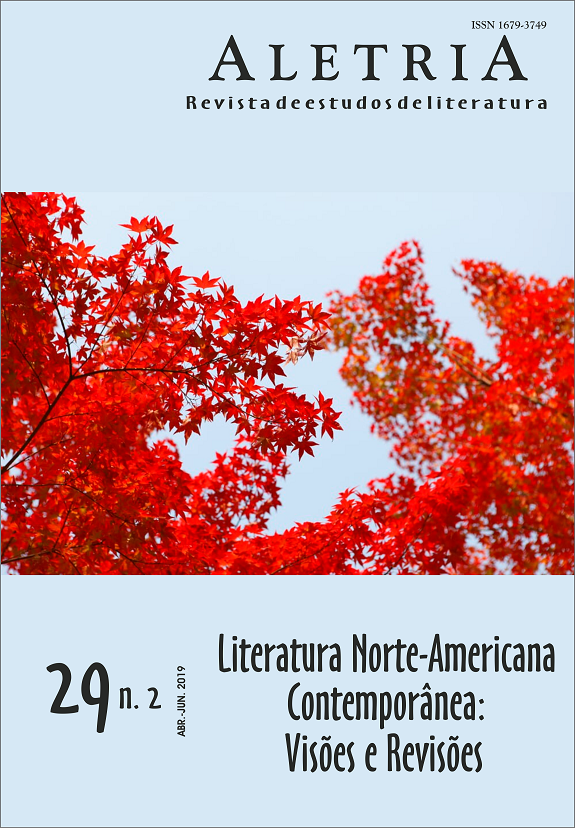Entrevista com Maria de Fátima Sousa e Silva
DOI:
https://doi.org/10.17851/2317-2096.29.2.139-147Palabras clave:
Literatura Comparada, Literatura PortuguesaResumen
Maria de Fátima Sousa e Silva é uma das principais estudiosas portuguesas da obra de Mário de Carvalho. Professora Catedrática do Instituto de Estudos Clássicos da Universidade de Coimbra, a pesquisadora atua como tradutora de clássicos gregos, além de se dedicar às pesquisas do campo da recepção, principalmente a recepção da cultura greco-latina nas literaturas de língua portuguesa. Em 2012, organizou o livro Ensaios sobre Mário de Carvalho, publicado pela Imprensa da Universidade de Coimbra, em conjunto com a professora brasileira Tereza Virgínia Barbosa, também estudiosa da obra do ficcionista. É, ainda, autora dos seguintes artigos: Tebas. A imagem literária do Tempo e da História em Mário de Carvalho (2010); Mário de Carvalho, In excelsum: retrato clássico do homem contemporâneo (2011), publicado também em francês; A imagem literária do Tempo e da História em Mário de Carvalho (2012); Pede poena claudo. O tema da ‘peste’ em Mário de Carvalho (2017); O professor de grego. Mário de Carvalho, Era bom que trocássemos umas ideias sobre o assunto (2014).
Descargas
Descargas
Publicado
Número
Sección
Licencia
Derechos de autor 2019 Rosana Baptista dos Santos (Autor)

Esta obra está bajo una licencia internacional Creative Commons Atribución 4.0.
Authors who publish with this journal agree to the following terms:Authors retain copyright and grant the journal right of first publication with the work simultaneously licensed under a Creative Commons Attribution Non-Commercial No Derivatives License that allows others to share the work with an acknowledgement of the work's authorship and initial publication in this journal.Authors are able to enter into separate, additional contractual arrangements for the non-exclusive distribution of the journal's published version of the work (e.g., post it to an institutional repository or publish it in a book), with an acknowledgement of its initial publication in this journal.Authors are permitted and encouraged to post their work online (e.g., in institutional repositories or on their website) prior to and during the submission process, as it can lead to productive exchanges, as well as earlier and greater citation of published work (See The Effect of Open Access).









